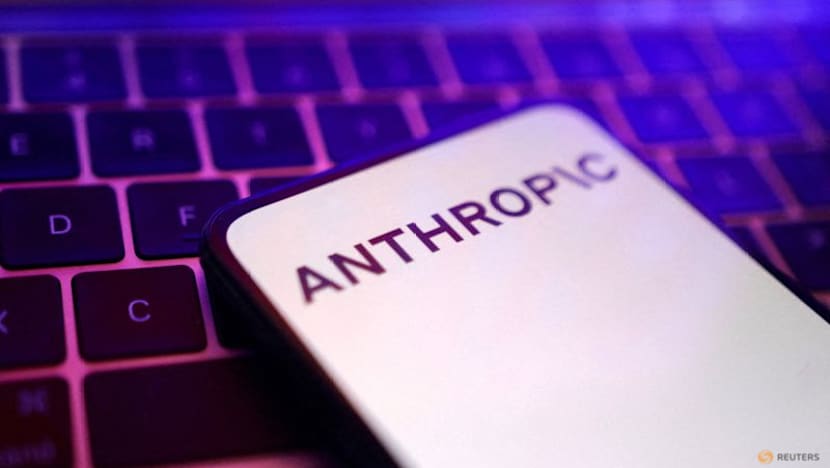Business
US Judge Approves $1.5 Billion Copyright Settlement with Anthropic

A federal judge in California has preliminarily approved a significant $1.5 billion settlement in a copyright class action lawsuit involving the artificial intelligence company **Anthropic**. This development comes as a result of a legal challenge initiated by a group of authors who alleged that their works were used without permission to train Anthropic’s AI models. This settlement represents an important milestone, being the first of its kind amid ongoing litigation against major tech companies such as **OpenAI**, **Microsoft**, and **Meta Platforms** concerning the use of copyrighted materials in the development of generative AI systems.
During a hearing on March 14, 2024, **U.S. District Judge William Alsup** expressed his approval of the proposed settlement, deeming it fair. This decision follows a previous instance earlier this month when Judge Alsup had withheld approval due to additional concerns that needed to be addressed by the parties involved.
The settlement aims to compensate authors whose works were allegedly utilized in AI training without consent, marking a pivotal moment in the evolving landscape of copyright law as it pertains to artificial intelligence. The implications of this case extend beyond Anthropic, as it sets a precedent for how tech companies may navigate copyright regulations linked to their AI systems.
In the wake of this ruling, the settlement details will require further scrutiny as the legal landscape surrounding AI continues to develop. The settlement not only affects the authors involved in the lawsuit but also raises important questions about the future of intellectual property rights in the age of rapidly advancing technology.
The approval of this settlement signals a potential turning point in the ongoing dialogue between creators and technology firms. As generative AI becomes increasingly capable and widespread, the necessity for clear legal guidelines surrounding copyright usage remains critical. The resolution of this case may influence future litigation and the operational frameworks of companies reliant on AI technologies.
As this story unfolds, stakeholders across the artistic and technological communities are closely monitoring the implications of this landmark decision. The outcomes may shape the nature of future collaborations and the protection of intellectual property in a digital-first world.
-

 Business5 months ago
Business5 months agoKenvue Dismisses CEO Thibaut Mongon as Strategic Review Advances
-

 Lifestyle4 months ago
Lifestyle4 months agoHumanism Camp Engages 250 Youths in Summer Fest 2025
-

 Sports4 months ago
Sports4 months agoDe Minaur Triumphs at Washington Open After Thrilling Comeback
-

 Sports5 months ago
Sports5 months agoTupou and Daugunu Join First Nations Squad for Lions Clash
-

 Top Stories5 months ago
Top Stories5 months agoColombian Senator Miguel Uribe Shows Signs of Recovery After Attack
-

 World5 months ago
World5 months agoASEAN Gears Up for Historic Joint Meeting of Foreign and Economic Ministers
-

 Health4 months ago
Health4 months agoNew Study Challenges Assumptions About Aging and Inflammation
-

 Business5 months ago
Business5 months agoOil Prices Surge Following New EU Sanctions on Russia
-

 Entertainment4 months ago
Entertainment4 months agoDetaşe-Sabah Violin Ensemble Captivates at Gabala Music Festival
-

 Entertainment4 months ago
Entertainment4 months agoBaku Metro Extends Hours for Justin Timberlake Concert
-

 Top Stories5 months ago
Top Stories5 months agoRethinking Singapore’s F&B Regulations Amid Business Closures
-

 Business5 months ago
Business5 months agoU.S. House Approves Stablecoin Bill, Sends to Trump for Signature









